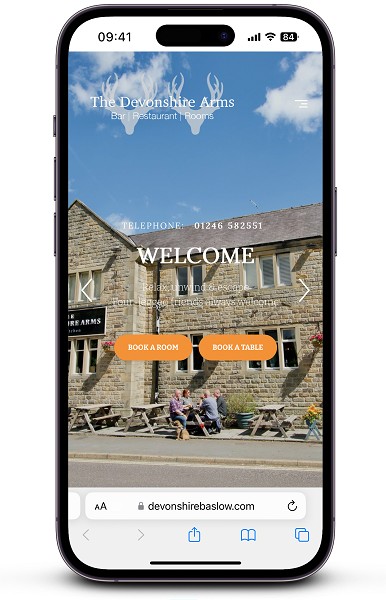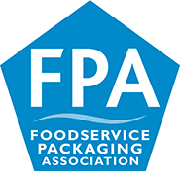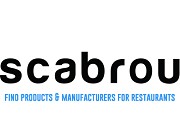Maximise your marketing activity


During my time as a new business manager for a London-based interior design agency — who at that time worked for some of the capital’s most prestigious retailers — some of the designers would often ask why I was employed. Their assumption was that their interior design projects, which were stunning, would naturally attract new clients without having to do any marketing.
Whilst word-of-mouth recommendations will land you new customers or clients, it is dangerously arrogant to think that you don’t need to do any marketing to let people know that you’re there. If it didn’t matter you wouldn’t have the likes of Apple, Amazon, Coca-Cola, and other international brands spending as much as they do on advertising and marketing.
For the leisure and hospitality sector — whether you run a venue or own a craft distillery — the same approach applies. You can’t assume that customers will beat a path to your door unless they have actually heard about you. And, even if your restaurant, bar or hand-crafted gin is popular and you’re busy, you have to ensure that your business remains on your customers’ radar.
So, here are my tips for marketing your business.
1. Websites
It is essential to ensure that your website is well designed, easy to navigate and optimised for the main search engines, and they must be mobile friendly (more than half of all web searches on smartphones).
If your website is more than five years old it is probably worth having it evaluated to make sure that it is still ranking on the main search engines and that it is mobile friendly. If you’re site is more than ten years old it will probably need to be totally re-designed.
News pages should be kept up to date, along with contact details and all your menus. Special offers should be removed as soon as the date has expired, such as New Year and Valentine’s Day.
Drinks producers should also consider launching online shops so that customers across the UK can buy their products. However, do consider the costs of setting up an e-commerce platform; you need to ensure that you work with a reliable courier company and also be aware that selling online gives consumers far more rights than if they buy over the counter.
2. Social media
It is important that your social media channels gain followers and ‘likes’, which are excellent for word-of-mouse recommendations and endorsements, but whichever channels you manage it is essential to focus on driving engagement, with the objective of increasing visits or purchases.
‘Likes’ on their own don’t count for much if they’re not having a positive impact on sales or visits to your venue.
For those companies that don’t have a dedicated marketing person employed there are several ways to schedule a series of announcements so that several posts can be planned in advance.
3. Email newsletters
In recent years email marketing has lost ground to social media marketing, but the humble email continues to generate the best return-on-investment compared to social media campaigns.
If you already have a regular newsletter use this as a platform to advise and update your customers with your latest news, events, awards and new products or services.
For those that don’t send out emails, start collecting customer data (working to GDPR guidelines) to help keep them up to date with regular, personalised emails, which are designed to reinforce the company’s brand identity.
4. Publicity & advertising
Contact the relevant target media with details when there is any news to report, which could include new menus, new drinks and special offers. Reinforce PR activity with adverts, that will help drive customers to your venue or to buy your products online.
5. Staff training
If you visit a great restaurant, but the staff are rude you’re never going back, which is why it’s essential to recruit the right people. On-going training is also important so that they are able to advise on menu selections and know which dishes are suitable for vegans or vegetarians, for example.
For drinks producers, it is also important to recruit staff who are always ‘on side’ as they will be your ambassadors wherever they go. If they’re in a sales role they need to be up to date on everything that the company produces, whether this is on the phone or face-to-face.
In conclusion, doing some marketing is always better than doing none, but the best results are when websites, social media and email campaigns work together with advertising and PR to present a consistent message to the target audience.
At the very least get your website in order and ensure that you collect email addresses so that you can establish a direct dialogue with your customers, and always make sure you have the right people in place.























































































